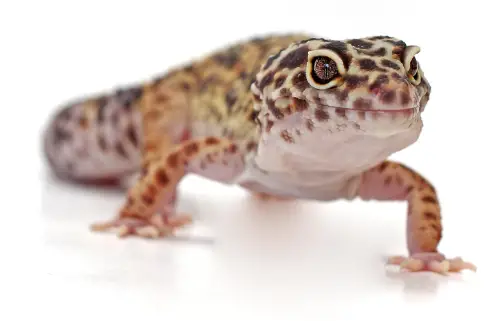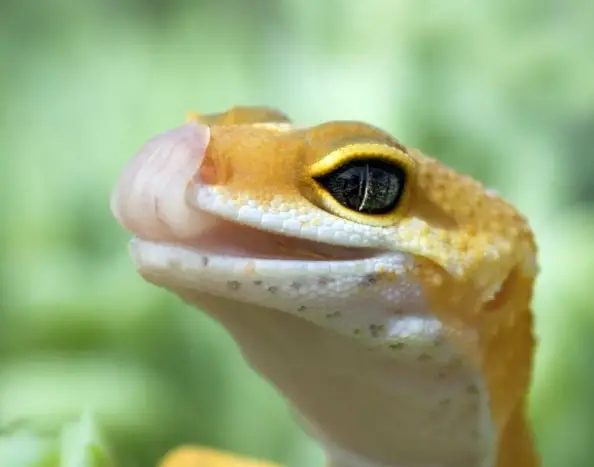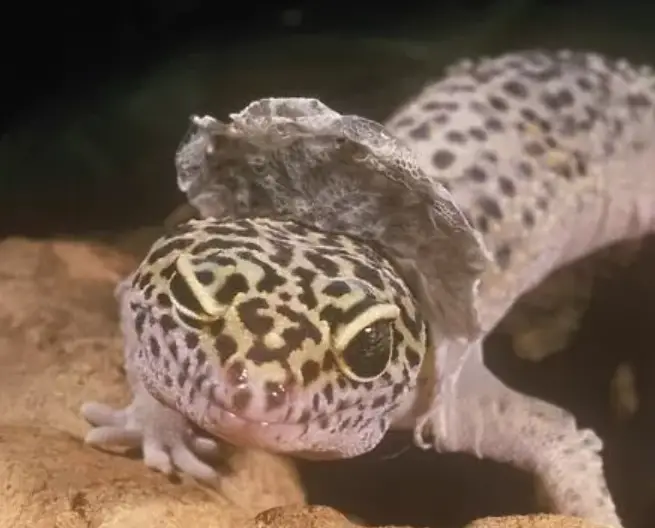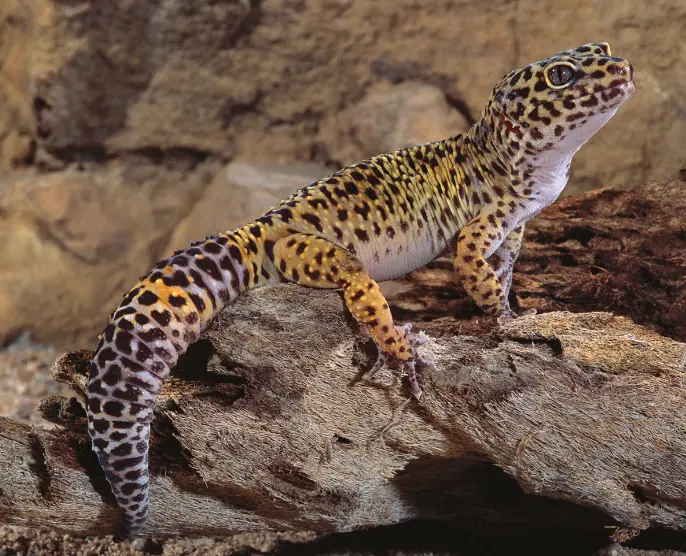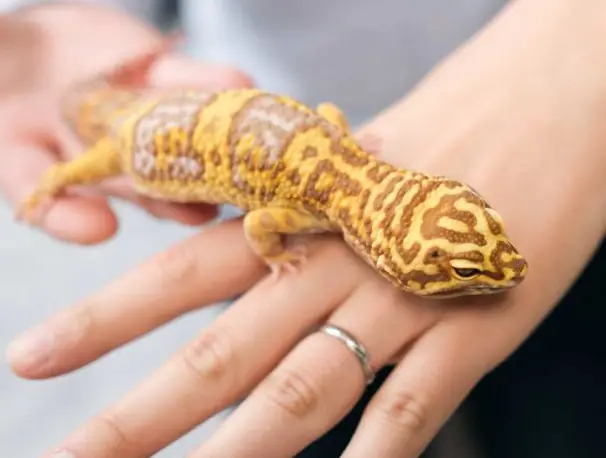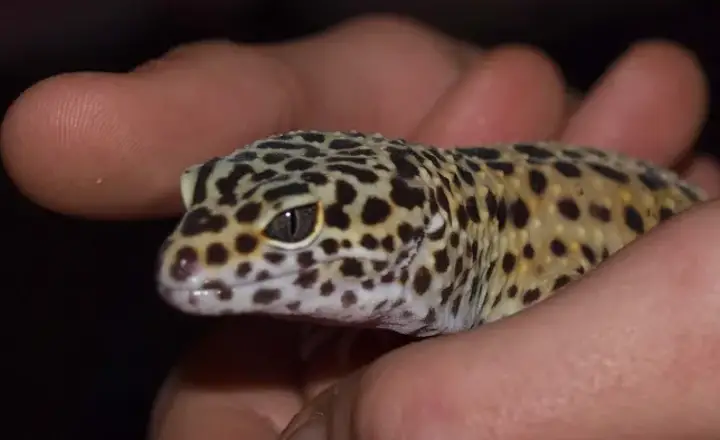As a leopard gecko owner, you may at some point encounter the issue of your gecko refusing to eat. It can be alarming, but it’s important to remember that there are several reasons why a gecko may not be eating, and there are steps you can take to help them. In this article, we’ll cover some of the common reasons why a leopard gecko may not be eating and what you can do to help them.
Reasons Why a Leopard Gecko May Not Be Eating
1. Stress
Stress is one of the most common reasons why leopard geckos may not eat. Stress can be caused by many factors, including changes in their environment, loud noises, new additions to the household, and the presence of other pets. If your leopard gecko is stressed, they may not eat or may only eat a small amount.
2. Illness
Illness is another common reason why leopard geckos may stop eating. Some common illnesses that can affect geckos include parasites, respiratory infections, and impaction. If your gecko has an illness, they may show other symptoms such as lethargy, weight loss, and diarrhea.
3. Temperature
Leopard geckos require warm temperatures to digest their food properly. If the temperature in their enclosure is too cold, they may not eat. Make sure the temperature in their enclosure is between 88-92°F on the warm side, and 75-80°F on the cool side.
4. Lighting
Leopard geckos require specific lighting to thrive, and improper lighting can affect their appetite. If your gecko is not eating, it’s important to make sure you’re providing them with the correct lighting. A UVA/UVB bulb should be provided for 10-12 hours a day.
5. Shedding
Leopard geckos may not eat while they are shedding. Shedding can be uncomfortable for geckos, and they may not have an appetite during this time.
6. Age
Young leopard geckos may take some time to adjust to their new environment and may not eat for the first few days. This is normal, and they should start eating once they have adjusted.
Now that we have covered some of the reasons why a leopard gecko may not be eating let’s look at what you can do to help them.
What to Do If Your Leopard Gecko Is Not Eating
1. Check Their Environment
Make sure your gecko is comfortable in their environment. Check the temperature, lighting, and humidity levels to ensure they are at the appropriate levels. If any of these are off, make the necessary adjustments.
2. Reduce Stress
Reduce stress by keeping their environment quiet and calm. Remove any potential stressors like loud noises and other pets. If you have recently made any changes to the gecko’s environment, give them some time to adjust before trying to feed them.
3. Monitor Their Health
If you suspect your gecko is ill, monitor their health closely. Look for any other symptoms such as lethargy, weight loss, or diarrhea. If they continue to show symptoms, take them to a reptile veterinarian.
4. Offer Different Foods
Try offering different types of food to see if your gecko will eat. Offer live insects like crickets, mealworms, and waxworms. You can also try offering small pieces of fruits and vegetables.
5. Try Hand Feeding
If your gecko is still not eating, you can try hand feeding them. This involves holding the food item in front of their mouth and encouraging them to eat it. Be careful not to force feed them, as this can cause more stress.
6. Soak Them in Warm Water
Soaking your gecko in warm water can help stimulate their appetite. Fill a shallow container with warm water and place your gecko in it for 10-15 minutes. This can also help with shedding.
7. Seek Veterinary Care
If your leopard gecko continues to refuse to eat, and you have tried all the above recommendations, it is time to seek veterinary care. A reptile veterinarian will be able to examine your gecko and provide a proper diagnosis and treatment plan.
Conclusion
Leopard geckos may stop eating for a variety of reasons. It’s important to monitor their behavior and take action if you notice any changes. By making sure their environment is comfortable, reducing stress, and offering a variety of foods, you can help encourage your gecko to eat. Remember to seek veterinary care if your gecko is not eating and showing other symptoms. With the right care, your leopard gecko will be healthy and happy.
